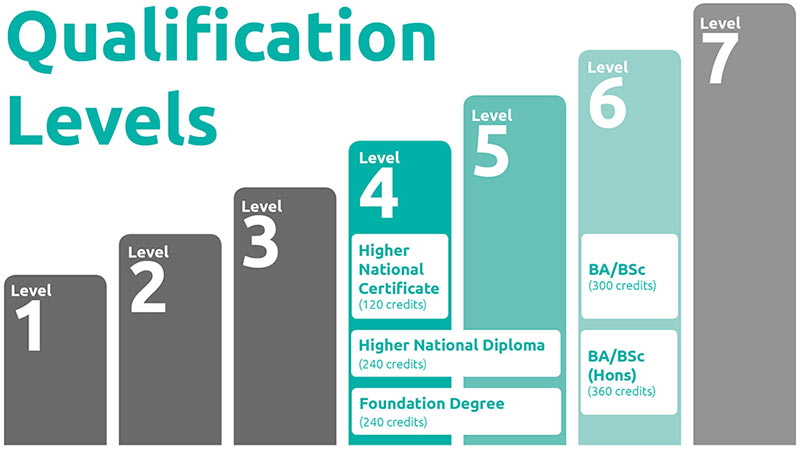If you’ve ever wondered what an A-level is, you’re not alone. Millions of people are confused about this qualification. This subject-based qualification is graded from A* to U and is taught in the last two years of secondary school. It is the second-highest qualification in the UK after GCSE. While some students are hesitant to take it, there are many benefits. Read on to discover more about this popular qualification and how it works.
It is a subject-based qualification that leads to university, further study, or work
The doctorate degree is the highest postgraduate qualification. It is typically a combination of academic learning and research. Doctorate students spend the entire course writing a dissertation or original research proposal. PhDs are available in a variety of fields. There are also professional doctorate degrees, such as the DClinPsy and MD, as well as the DPhil.
It is graded from A* to U
In the United Kingdom, GCE Advanced Levels (A-levels) are post-secondary qualifications that students can pursue in a number of subject areas. These qualifications are graded on a letter grade system ranging from A* to U, with A* indicating exceptional performance, and A-level being the lowest grade. In 2010, the A* grade replaced the Nearly passed grade, which was in use from 2008 to 2010. The Advanced Subsidiary Levels (ASLs) are also graded on a similar scale, but without the A-grade.
It is taught in the last two years of secondary school
The final two years of secondary school are devoted to senior education. Students study four core subjects, English and Chinese languages, mathematics, and liberal studies. They also select three optional subjects, such as an additional language or applied learning. Upon completion of the final exams, students earn the Hong Kong Diploma of Secondary Education, which allows them to progress to tertiary education. The last two years of secondary school are devoted to preparing students for life after graduation.
It is taken in the last two years of secondary school
The GCSE examinations are taken at the end of the last two years of secondary school. The GCSE programme comprises nine to twelve subjects, some of which are compulsory, while others are optional. At the end of the course, students are issued with a GCSE certificate, indicating their level of education. GCSE results are important for university admission and further studies. If you are not sure whether you need to take GCSE exams, you can visit your local examination centre to see what’s required.
It is offered in many Commonwealth and former Commonwealth countries
The Commonwealth is an association of fifty-four countries that evolved from the former British Empire. Besides the United Kingdom, it also includes some countries that have little or no historical ties to the UK. These countries include Canada, Australia, India, Malaysia, Pakistan, and many African nations. These countries have a combined population of 2.4 billion, which represents about one-third of the world’s total population. The combined GDP of these countries is $10 trillion, or 14 percent of the world’s total GDP.
It is assessed by examinations
The use of examinations in higher education has many benefits. They are used to assess educational effectiveness, which in turn helps different stakeholders to determine the educational value of a particular course or institution. The different types of examinations are used to measure different aspects of learning: formative assessments monitor student progress, provide insight into student strengths and weaknesses, and assess knowledge and skills. Summative examinations measure learning outcomes and help stakeholders evaluate the effectiveness of the course and instruction.

